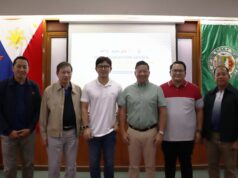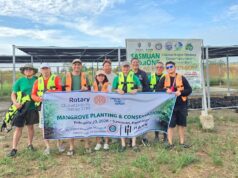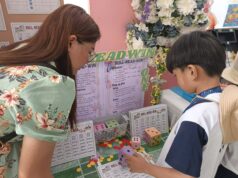ANGELES CITY – Sixty-nine victims of human trafficking in Central Luzon have availed themselves of the government’s “reintegration program for trafficked persons”, a program cited by the Department of Social Welfare and Development (DSWD) as an “important process in the campaign against exploitation.”
The DSWD in the region reported yesterday that the 69 victims included 23 minors and four males most of whom were “rescued” from prostitution fronts in various provinces in Central Luzon.
“More than rescuing them, their rehabilitation and reintegration is an important phase,” the DSWD regional director Adelina Apostol.
After being rescued Angeles City, two minors have already been integrated with their families in Olongapo City even as social welfare officials have continued to assist them in the cases they file against their former employers.
A third minor is still in Haven, a home for girls in Pampanga, and the DSWD is coordinating with her father who resides in Manila, she said.
Adults who were rescued were given funds to enable them to start small businesses, while others found employment under the DSWD’s food-for-work program.
Apostol said three more minors rescued in Aurora province were also brought back to the custody of their parents and were provided food assistance, as well as counseling and legal services amid the pending cases against their former employers.
In Tarlac City, 10 women who were rescued got as much as P10,000 from their local government units to enable them to also starts small businesses. One minor was also returned to her parents in the city.
The DSWD also said that three more minors rescued from nightspots in Zambales were reunited with their families in San Fabian, Pangasinan and Manila. Two rescued adults, also in Zambales, were reported to have found employment in Lebanon after they were also given financial assistance by the government.
In Nueva Ecija, 14 minors who were rescued were also reunited with their parents. Also rescued in the province were four men from Gen. Natividad town and three women from Aliaga.
“The involvement and participation of the victims themselves in the rehabilitation process will facilitate their reintegration in their communities,” Apostol said.




